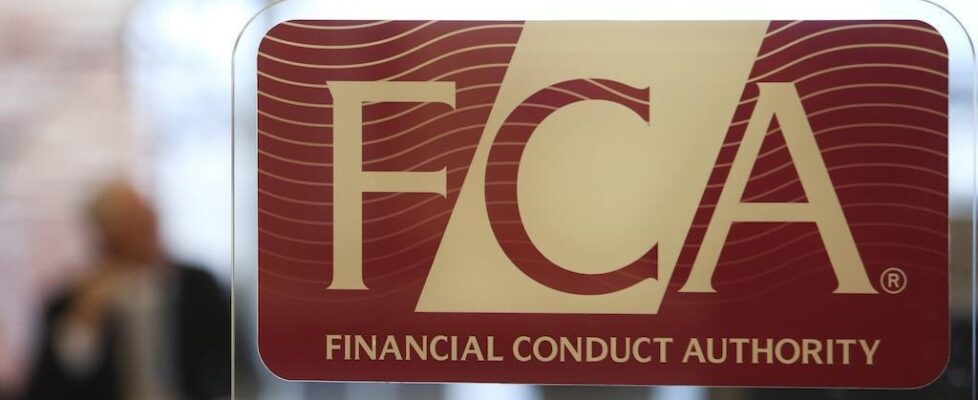FCA implements temporary measures regarding RTS 27 reports
The UK Financial Conduct Authority (FCA) is showing supervisory flexibility on RTS 27 reports and 10% depreciation notifications.
Let’s note that RTS 27 reports reflect requirements set under Regulatory Technical Standards (RTS) article 27. Every single venue operator is required to produce the RTS 27 reports on a quarterly basis. These reports comprise several tables that include data such as price, cost, speed, likelihood of execution.
The FCA said today that it is putting in place temporary measures with respect to RTS 27 reports and 10% depreciation notifications while it consults consult on changes to these requirements later this Spring. These temporary measures will be in place until the end of 2021.
The next set of RTS 27 reports on execution quality will be based on pre-Brexit data. As a result, the information in them is likely to be of limited use for market participants and may even be misleading.
There is also a particular challenge arising from the EU’s two-year suspension of RTS 27 reports for firms in the Temporary Permissions Regime who, benefitting from substituted compliance, would normally discharge their obligation in the UK by producing reports for the firm as a whole.
The FCA is preparing a consultation looking at the RTS 27 reporting obligation, with a view to abolishing it, given concerns that have been expressed around the value these reports bring to the market and to consumers, and the burdens involved in producing them.
In light of the upcoming consultation, the FCA will not take action against firms that do not produce RTS 27 reports for the rest of 2021. The regulator expects that by end of 2021 it will have concluded its policy consideration of the future of these reports.
Regarding the 10% depreciation notifications, let’s note that these are required under COBS 16A.4.3 UK. More specifically:
Additional reporting obligations for portfolio management or contingent liability transactions
62(1) Investment firms providing the service of portfolio management shall inform the client where the overall value of the portfolio, as evaluated at the beginning of each reporting period, depreciates by 10% and thereafter at multiples of 10%, no later than the end of the business day in which the threshold is exceeded or, in a case where the threshold is exceeded on a non-business day, the close of the next business day.
62(2) Investment firms that hold a retail client account that includes positions in leveraged financial instruments or contingent liability transactions shall inform the client, where the initial value of each instrument depreciates by 10% and thereafter at multiples of 10%. Reporting under this paragraph should be on an instrument-by-instrument basis, unless otherwise agreed with the client, and shall take place no later than the end of the business day in which the threshold is exceeded or, in a case where the threshold is exceeded on a non-business day, the close of the next business day.
For the last twelve months, the FCA has adopted temporary Covid-19 measures on the requirement for firms to issue 10% depreciation notifications to investors. These measures were implemented to help firms support consumers during periods of actual/potential market volatility linked to the spread of Covid-19 and the Brexit transitional period.
This period of flexibility has given the FCA the opportunity to consider the effectiveness of the 10% depreciation notification requirement.
The regulator plans to consult on changes to the requirement later this Spring. The FCA is therefore extending the temporary measures for firms until the end of 2021 while it undertakes policy work on the future of the requirement.
During this period, the FCA will not take action for breach of COBS 16A.4.3 UK for services offered to retail investors provided that the firm has:
- issued at least one notification in the current reporting period, indicating to retail clients that their portfolio or position has decreased in value by at least 10%;
- informed these clients that they may not receive similar notifications should their portfolio or position values further decrease by 10% in the current reporting period;
- referred these clients to non-personalised communications, perhaps made available on public channels, that outline general updates on market conditions (these could contextualise potential drops in portfolio or position value to help consumers meet their objectives, rather than making impulse decisions about their investments), and
- reminded clients how to check their portfolio value, and how to get in touch with the firm.
If the FCA has concerns that potential serious misconduct may cause (or has caused) significant harm to consumers, then it will consider the appropriate response, which may include opening an investigation.




